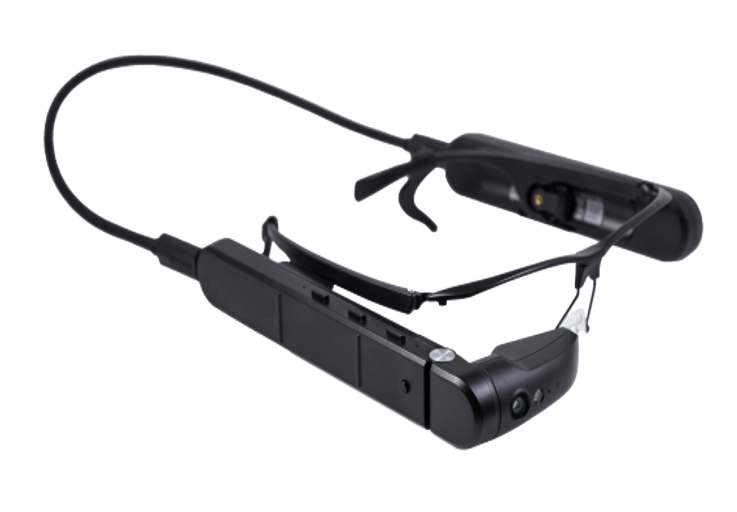The coronavirus pandemic, and resulting lockdowns, have had a significant impact across the auditing industry. Audit programs were delayed, postponed or even cancelled as governments, regulators and certification bodies scrambled to keep coronavirus infection rates low across the community by keeping people at home wherever possible.
Even as government health restrictions were lifting, Industry, fearing an outbreak impacting their own workplaces, often have strict policies in place restricting access to only the most essential of external third parties. These third parties have generally not included auditors, with audit programs needing to be modified to continue without site inspections or in-person visual observations.
But what level of assurance is lost from the overall analysis when Auditors only have what we’ve read or what we’ve heard to contribute to the overall analysis? While still photography can supplement information received from interviews or document reviews, they are compromised, with little ability to evaluate the exact time and location photos were taken and whether the photo is representative of normal activities (instead of a scene curated to only show good practices). While using mobile phones to stream live video can be a better source of information, often handheld devices like smart phones can’t be used on the ‘shop floor.’ Additionally, the quality or definition of the vision is too poor to really replace what can be seen in real life. When all of these drawbacks are combined, exactly how much assurance is maintained by modifying these audit programs with compromised investigation methods? Probably not a lot.
At least that’s the experience of Verus and the opinion of many of our blue-chip clients.
If you’re an organisation that can accept a lower standard of assurance from audit programs there’s perhaps no need to keep reading, but many organisations rely on that high standard of audit assurance as a key component their safety improvement programs, whether it's because of the high risk nature of their operations, standards set by regulators or a culture, or Board that demands quality data to drive good decision making. With restrictions on site visits still in place and the compromises inherent in some remote auditing methods, how can organisations maintain the high standard of assurance they have come to expect?
In the early stages of the pandemic, Verus, like many other organisations considered it likely that any impact to normal operations was going to be short term, after which a quick return to (almost) business as usual would occur. Being based in Victoria when restrictions were reintroduced in response to the second wave, we quickly had to revaluate how the business might be impacted. Knowing our clients demand a high standard of assurance, we committed to identifying a method to maintain site inspections as a key component of our audit services. After many trials, we introduced and deployed V.I.E.W: Verus Interactive Eye Wear.

V.I.E.W uses some of the most powerful enterprise level smart glass on the market coupled with specialist augmented reality and videoconferencing software to provide stable streaming video to remote locations in high definition. Unlike other smart devices which need to be many things to many people, V.I.E.W is specifically designed for industrial applications including high definition camera with optical stabilisation and software optimised to stream high definition video. The combination of optically stabilised high definition video results in crystal clear vision streamed directly to the auditor’s home or office.
V.I.E.W also alleviates the potential that site personnel will avoid pointing smart devices in areas where issues are present. As V.I.E.W is worn like a pair of glasses, it sees what the wearer sees, providing the auditor with greater certainty that what they are seeing is representative, rather than something specially curated for them.
Even as health order and border restrictions lift, V.I.E.W (or technology like it) will still have a part to play. As this blog goes to ‘print’ South Australia will impose a strict 6 day lockdown from midnight. Without V.I.E.W, audit programs scheduled in South Australia would need to be postponed or cancelled. However, with the flexibility that V.I.E.W provides, audit programs can be planned and scheduled with greater certainty, allowing organisations access to valuable performance information and the ability to continue their safety improvement programs. Even in the absence of COVID-19 restrictions, V.I.E.W can provide significant cost savings and improve efficiencies particular for multinational organisations with centralised audit teams.
If you’re looking for ways to maintain your health and safety audit programs during restrictions that limit movement, are looking to reduce the likelihood of coronavirus transmission or are simply looking for new and more efficient ways to inspect your sites, contact Verus.

